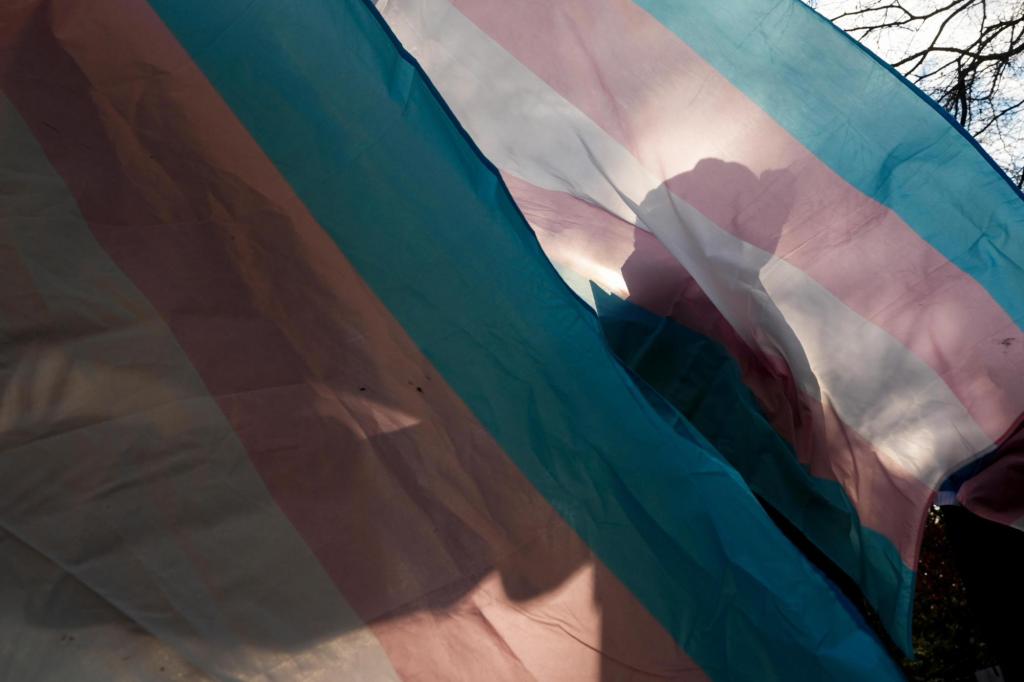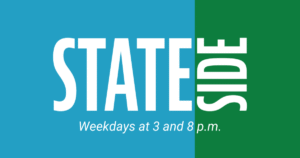
The EEOC’s Shift in Gender Identity Discrimination Case Prioritization
In a controversial move, the U.S. Equal Employment Opportunity Commission (EEOC) has reportedly begun classifying new discrimination cases related to gender identity as its lowest priority. This development, shared by two employees of the agency, effectively places these cases on indefinite hold.
This decision follows a meeting held by the EEOC to discuss the implications of President Donald Trump’s executive order dated January 20th, which mandates that the government recognizes only two “immutable” sexes: male and female. During this meeting, it was outlined that gender identity discrimination complaints would be coded as “C”, a classification typically reserved for baseless claims. This directive was communicated during a Microsoft Teams meeting, led by the EEOC’s national intake coordinator, and attended by intake supervisors, district directors, and support staff.
When reached for a comment, an EEOC spokesman stated, “per federal law, we cannot discuss investigatory practices.”
This shift marks a significant change in the EEOC’s approach to civil rights enforcement under the Trump administration, as seen in February when the agency decided to withdraw seven lawsuits involving discrimination against transgender and nonbinary individuals.
Andrea Lucas, the EEOC’s Acting Chair and a Republican, emphasized her commitment to implementing Trump’s executive order and protecting “the biological and binary reality of sex and related rights.” She previously mandated that any discrimination charges related to this order be reviewed at the EEOC headquarters.
The current prioritization strategy for gender identity-related complaints significantly limits options for transgender and nonbinary workers facing workplace discrimination. Typically, U.S. workers must file complaints with the EEOC before exploring further legal actions.
Chai Feldblum, an EEOC commissioner from 2010-2019, criticized the move. “If they say they are bringing it to a central location to give them due consideration, they at least have the facade of doing something,” Feldblum remarked. “If they are sweeping them out the door as ‘C’ charges, they are not doing their job.”
Even though the EEOC will still issue “right to sue” notices upon request, allowing workers to pursue lawsuits independently, and honor mediation requests, the agency will cease further action if mediation fails, the employees disclosed.
This revised approach to gender-identity discrimination cases has sparked discussions about whether the EEOC is contravening the Supreme Court’s 2020 decision in Bostock v. Clayton County, which prohibits workplace discrimination based on gender identity under Title VII of the Civil Rights Act.
While civil rights advocates accuse the EEOC of neglecting its duty to enforce anti-discrimination laws, Lucas has reiterated the agency’s compliance with Trump’s executive orders without directly addressing concerns regarding potential conflicts with the Supreme Court ruling.
According to the EEOC’s records, the agency received over 3,000 charges alleging discrimination based on sexual orientation or gender identity in both fiscal years 2023 and 2024.
Associated Press business reporter Alexandra Olson contributed to this report.
The Associated Press’ women in the workforce and state government coverage receives financial support from Pivotal Ventures. AP is solely responsible for all content. Find AP’s standards for working with philanthropies, a list of supporters and funded coverage areas at AP.org.
Originally Published:






